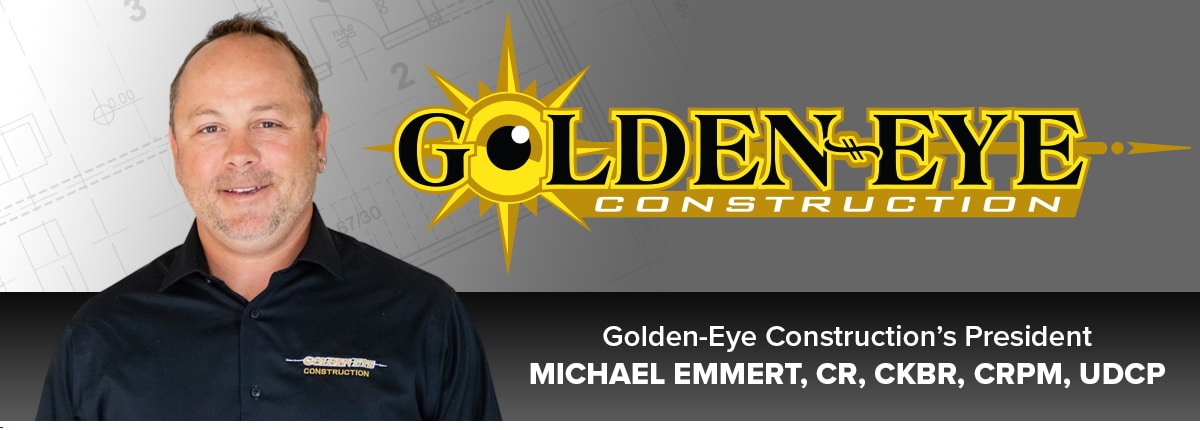There are so many contracting companies out there, but would you agree on the following:
- They are all great
- They all offer the same services
- They are all continuously improving their skills and earning certifications to show for it
The answer to all three questions is a hard “no.” Although there are more good companies in the industry than bad ones, it’s important to weed out the bad from the good. Here are some important things to look at when deciding who to partner with.
- How you heard about the company. Was it the internet, a TV commercial, a friend or family member? Did you see their trucks or jobsite signs? Or maybe you found the company through social media. However you found the contractor, make sure you check to see that the company has a real presence in their marketing material and that it is consistent in the company’s culture. Finding the company’s website and ensuring that it lays out their business process is the first place to look. Then, make sure that their social media, customer reviews, and Better Business Bureau standing all show that the company is not only legit, but has a solid reputation in the community and favorable business processes in place. The business process is the key to any good company in any industry.
- Licenses: When asking a contractor if they are licensed, make sure they answer “yes” and it’s not because he has a driver’s license. There are many different types of home improvement licenses one can earn. Make sure the company you partner with has one that is for the work that they do and for the work you need done.
- Insurance: 89% of contracting companies do not carry the proper insurance to cover themselves or their clients. “We have known of contractors doing large scale projects with an interior painting liability policy. Obviously, we will not write such policies that the chuck in the truck or fly-by nights look for. Golden-Eye Construction is one of the few companies on Long Island that is properly insured. Owner Mike Emmert sees the value in making sure his company is insured properly,” says Ed O’Toole from Edwin J. O’Toole Insurance Agency.
- W2 employees: Did you know many trade companies pay their employees off the books? This means their employees are not covered under workers comp if they get injured. In that case, the homeowner and contractor will likely both be sued. Our employees are not only fully on the books, but they receive paid time off and a 401k. Offering benefits attracts and retains the best in the business. We believe that if your employees are happy, they will enjoy coming to work in your home every day. Paying our employees proper wages on the books also protects them if they were to get hurt on or off the job.
At the end of the day, look to partner with a company that does the right thing. Do your homework. Do not just trust that the company is fully legit. Ask for documentation and proof.



